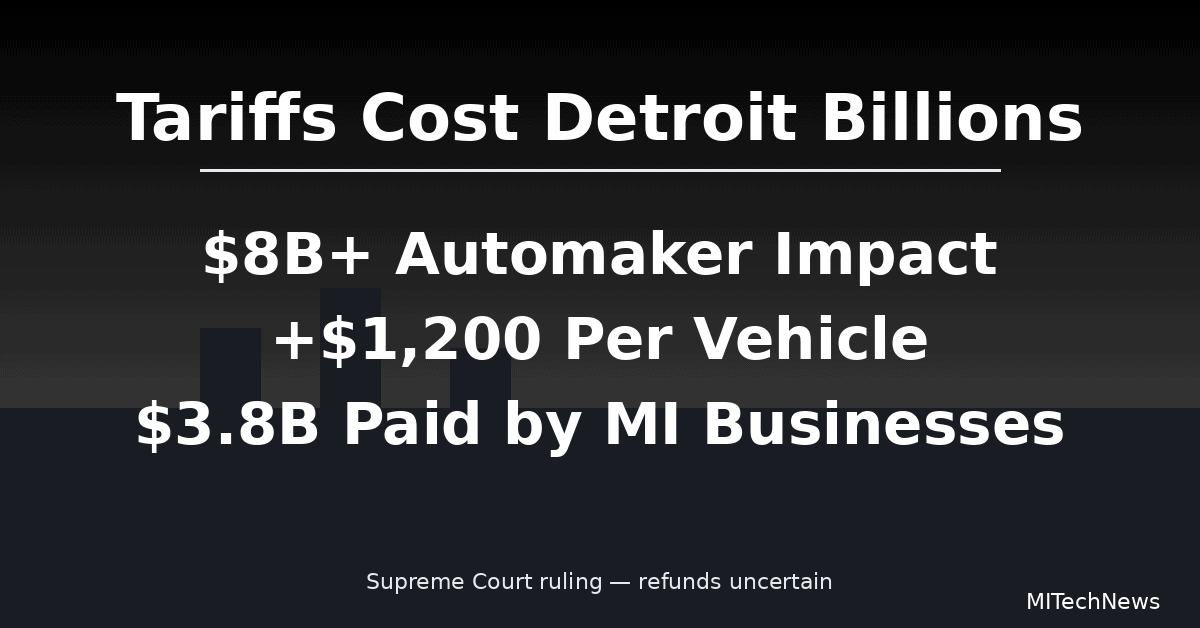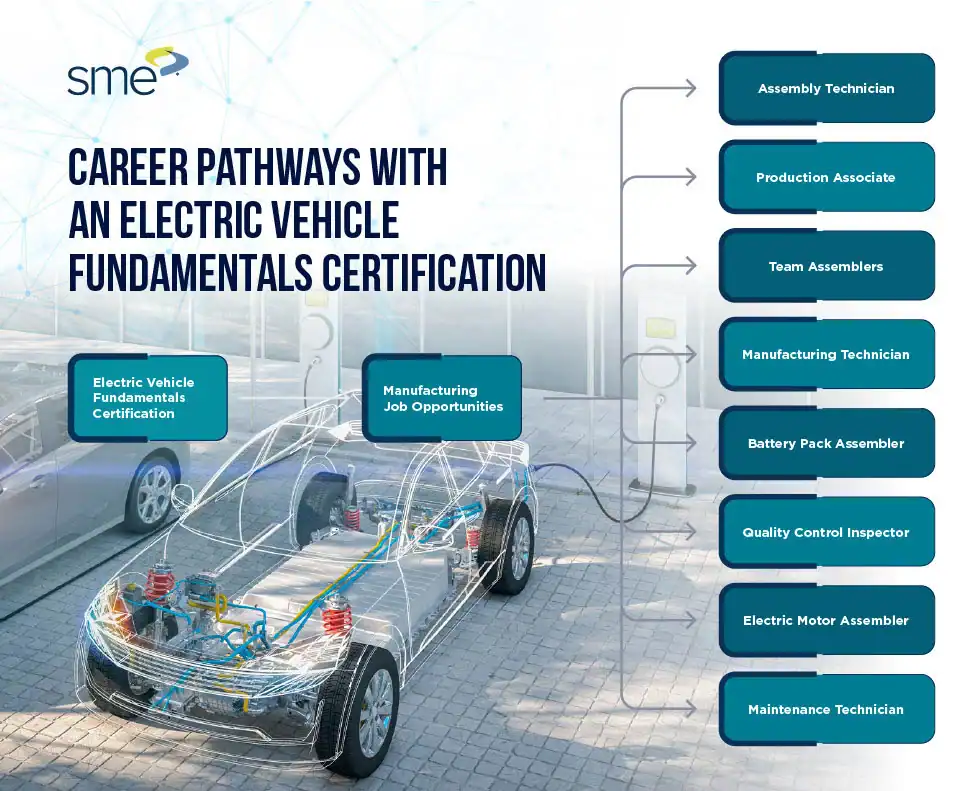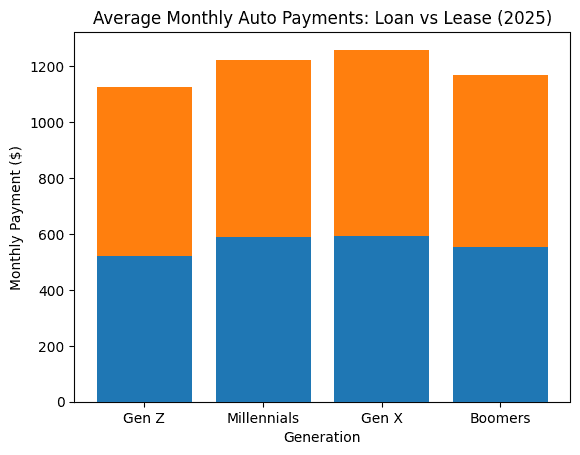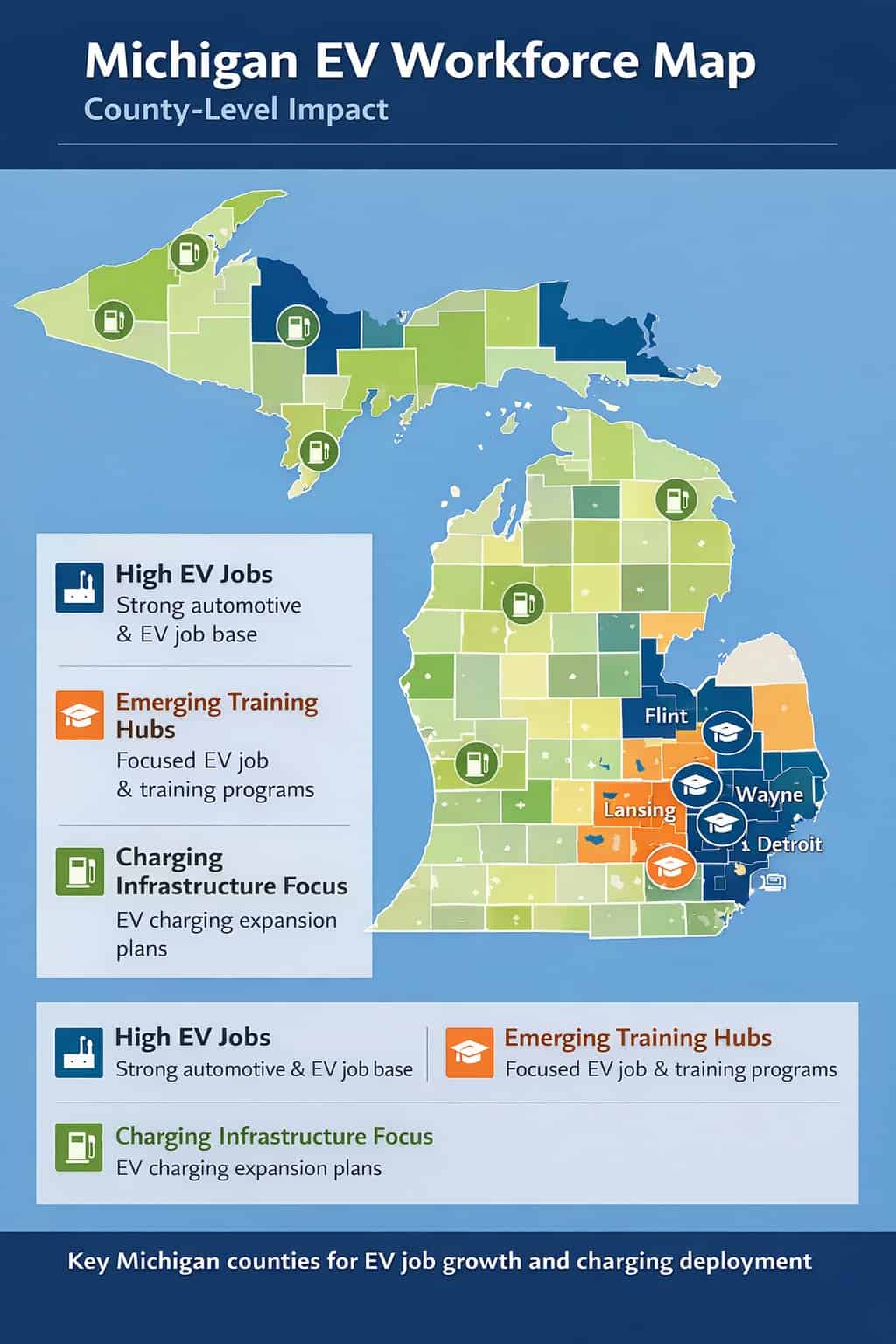Hydrogen is the fuel of the future, surpassing even EVs in interest. However, there are still brands that have yet to be able (or willing) to join this revolution in mobility. Just when Toyota or even Bosch are doing it, a legendary German carmaker has wanted to join: this is Volkswagen’s new proposal to change everything from our highways.
Is Volkswagen moving closer to hydrogen? The rejected idea they now want to explore
Currently, Volkswagen has plans or is working on developing the next hydrogen fuel cell technology for the automotive industry. The company has submitted a patent for an automobile and a hydrogen fuel cell stack that could yield a range of 2000km (1243m).
This technology has been jointly developed with the German company Kraftwerk Tubes. Also, it employs a ceramic membrane that is cheaper to make than the polymer membrane applied by Hyundai and Toyota. It’s more durable and resistant to freeze and dry compared to Nafion.
The new hydrogen fuel cell technology is expected to be more productive and affordable than trends in present-day markets. It employs a cheaper ceramic membrane than platinum, a valuable metal that is added to any product and increases its overall price.
This could be the first Volkswagen fuel cell: this is how they want to forget about EVs
Volkswagen’s focus on the hydrogen fuel cell electric vehicle is instead a long-term approach towards climate protection, with Volkswagen planning to become carbon-neutral by 2040 at the latest. The company is devoting a lot of funding to renewable power sources and unique technologies.
For instance, Volkswagen is conducting a project to synthesize green hydrogen for the largest light metal casting in Europe, Baunatal, Germany. This project will decarbonize the foundry from conventional gas usage in aluminum production to green hydrogen.
In contrast, some critics say that hydrogen fuel cells can offer significant advantages; Volkswagen’s CEOT, Thomas Schäfer, has questioned the practicality of using the tech shortly. He keeps posting that hydrogen is dear or cheaper than battery-electric vehicles (BEVs), especially for passenger cars.
Still, other manufacturers, including Honda, Toyota, Hyundai, and BMW, directly engaged themselves in the technology of hydrogen fuel cell vehicles. These companies assess that hydrogen has a significant prospect of becoming a vital energy platform to support a transformation of the transport industry.
FCEVs technology, a sign of change in the industry: other projects that are leading the way
Hydrogen fuel cell technology is not new, but what Volkswagen offers is genuinely spectacular, allowing users to switch from gasoline to hydrogen without needing a conversion kit. At Volkswagen, the hydrogen fuel cell technology is actually at a conceptual stage. However, the company can surpass Japanese ones.
The company’s strategies may enable lower CO2 emissions and enhance the environmental efficiency of its business by investing in green hydrogen production and consumption. The intelligent future of Volkswagen’s hydrogen fuel cell power expenditure is yet to be written.
Whether it will play the role of a contender to the battery-electric car or remain in the background, moreover, it is not the first time that we talk about a Volkswagen project that finally ends up being a mirage (we will not remember the previous ones to avoid creating bad publicity).
What do you think about the fact that we can finally have the first hydrogen Volkswagen? We already slipped this news last week (you may remember it), but that has just been confirmed now. The brand wants to take the same step as all its competitors, although it has yet to abandon the EV market, not even that of gasoline-powered engines… unfortunately.
Story was published in Ecoticias






